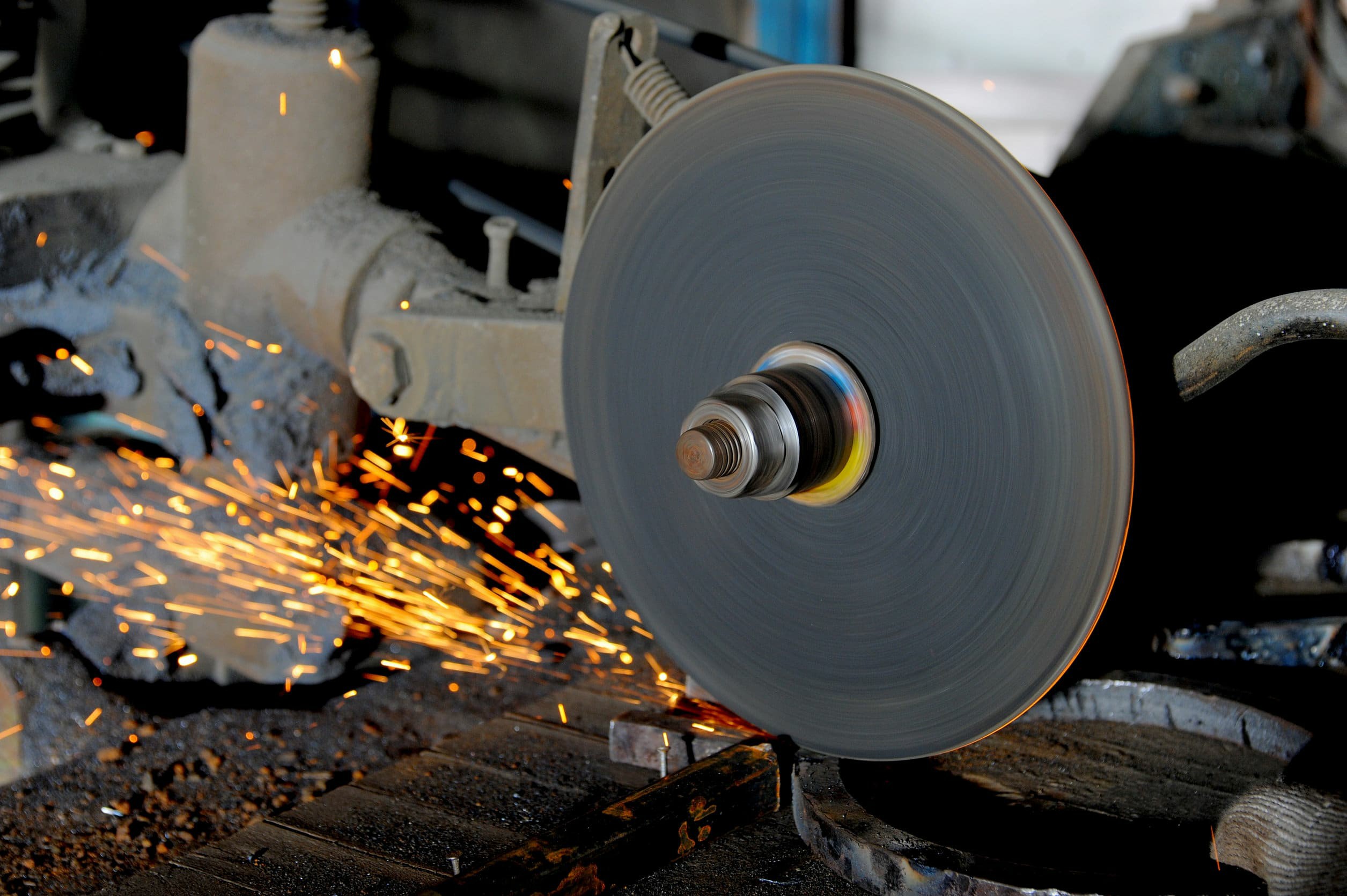Essential Guide to Abrasive Wheels Training: Legal Requirements in Ireland
In any workplace that utilizes abrasive wheels, compliance with training regulations is not just a legal obligation but a critical component of ensuring employee safety. This guide explores the legal framework surrounding Abrasive Wheels training in Ireland, including insights from the Health and Safety Authority (HSA) and Health and Safety Executive (HSE) regulations.
The Importance of Abrasive Wheels Training
Abrasive wheels can pose significant risks if not handled properly. Training is essential to prevent accidents and injuries that can arise from improper use. Moreover, understanding the legal requirements helps employers maintain compliance, safeguard their employees, and avoid hefty penalties.
Legal Framework: HSA and HSE Regulations
In Ireland, the use and training surrounding abrasive wheels fall under stringent regulations outlined by both the HSA and HSE. Here are crucial points regarding these regulations:
- Compliance with EU Directive: Employers must adhere to the European directives regarding workplace safety, particularly concerning equipment like abrasive wheels.
- Provision of Information: Under HSA guidelines, employers are required to provide adequate information and training to employees who operate abrasive wheels.
- Record Keeping: Employers must maintain records of employee training and instruction on abrasive wheel operations as evidence of compliance.
Employer Responsibilities
Employers play a critical role in ensuring compliance with abrasive wheels training. Here’s a breakdown of their responsibilities:
- Training Provision: Employers must ensure employees receive certified abrasive wheels training, especially in cities like Dublin, Cork, Galway, Limerick, and Waterford.
- Safe Operating Procedures: Establish and communicate safe operating procedures for the use of abrasive wheels in the workplace.
- Regular Assessments: Conduct regular assessments of employees’ skills and knowledge regarding abrasive wheel safety.
- Health Surveillance: Implement health surveillance for employees exposed to vibrations and other risks associated with abrasive wheels.
Penalties for Non-Compliance
Failure to comply with abrasive wheels training regulations can lead to serious consequences:
- Fines: Employers may incur substantial fines depending on the severity of the violation.
- Legal Action: Non-compliance could result in civil lawsuits for negligence, particularly if an employee is injured.
- Reputational Damage: Businesses face reputational risks, potentially losing customers and contracts if found non-compliant.
Ensuring Compliance with Abrasive Wheels Training
Businesses can take the following steps to ensure compliance with abrasive wheels training:
- Enroll in Certified Courses: Seek accredited Abrasive Wheels courses in cities like Dublin, Cork, and Limerick. Consider options for Abrasive Wheels online courses for flexibility.
- Regular Training Updates: Keep employees updated with the latest training and certification techniques to adapt to any changes in regulations.
- Document Everything: Maintain thorough documentation of all training completed, including course completion certificates and attendance records.
- Consult with Professionals: Engage safety training consultants to audit training processes and ensure adherence to HSA and HSE standards.
Conclusion: Training for a Safer Workplace
Understanding and complying with the legal requirements for abrasive wheels training is not only necessary to avoid penalties but is essential for creating a safe work environment. Employers in Dublin, Cork, Galway, Limerick, and Waterford should prioritize providing their workers with certified abrasive wheels training. For more details and to enroll your staff in a certified training course, visit our training page or reach out to us at [email protected].



 349,500 Offered Certificates
349,500 Offered Certificates
 24/7 Online Training
24/7 Online Training
 Money Back Guarantee
Money Back Guarantee
 Fully Accredited Courses
Fully Accredited Courses
